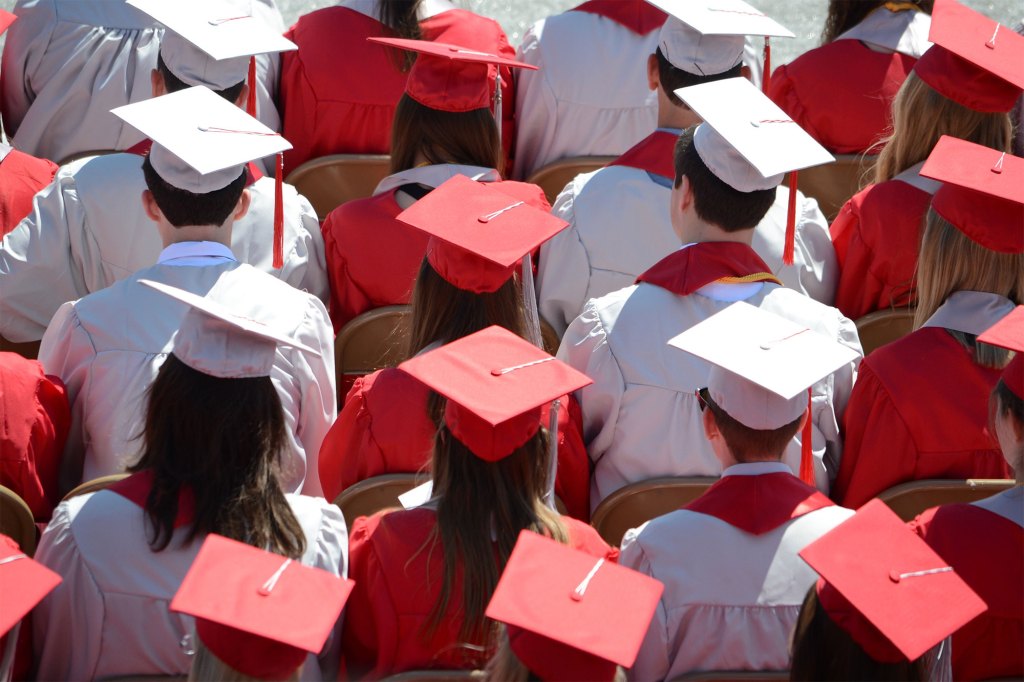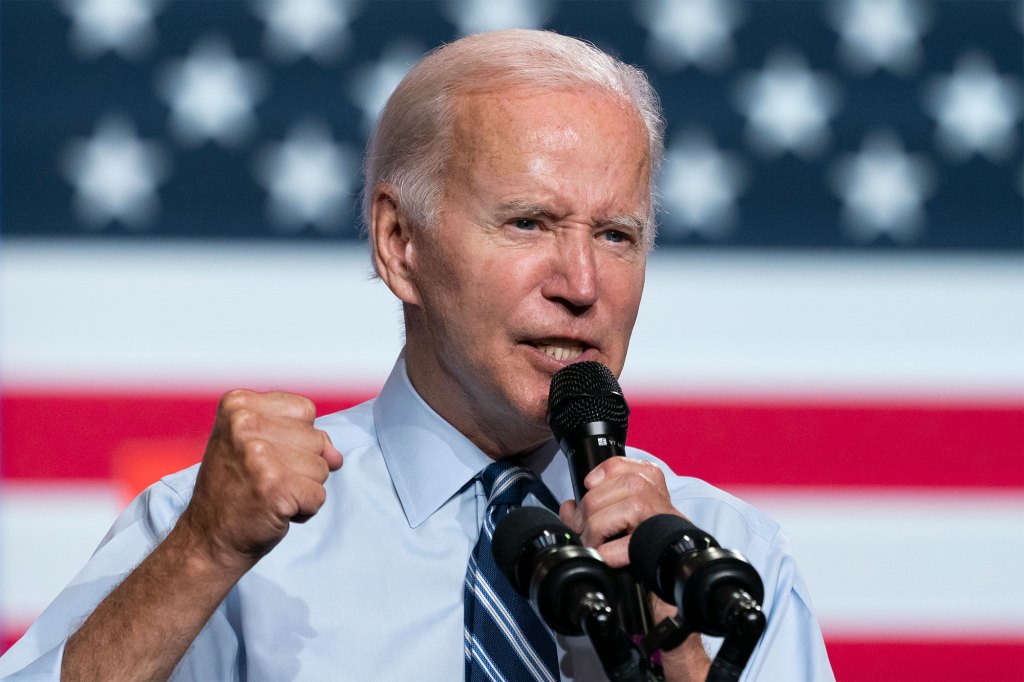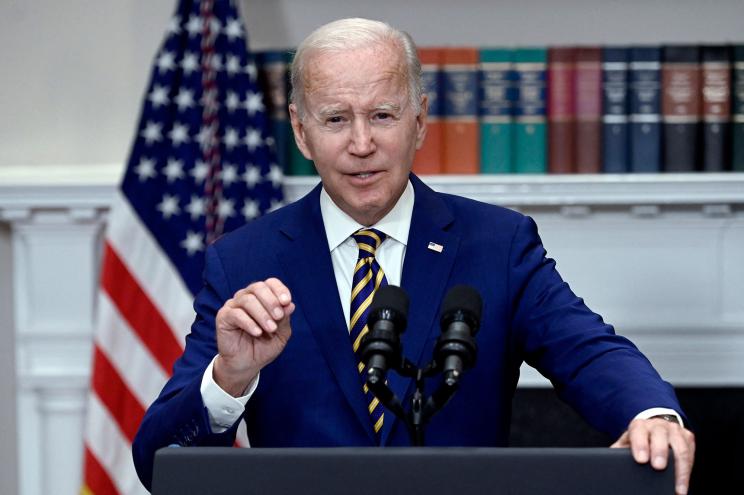For many Latinos, obtaining an undergraduate degree is a dream come true (about 21% have one). But several millions of Latinos across our nation took a different path. Instead, they started their own business, became certified in their trade or began a career, all without a university degree.
Both paths have merit and can be celebrated. But President Joe Biden’s plan to cancel by executive order roughly a half-trillion dollars in student-loan debt for individuals earning as much as $125,000 a year and couples earning up to a quarter of a million dollars is bad economics, bad policy and bad politics. It’s also incredibly unfair.
Let’s start with the unfairness.
It is irresponsible and disrespectful to force working-class Americans — many of whom didn’t attend college — to pay the debts of high-income, college-educated Americans.
Our community sees this scheme for what it is: a cash-transfer program from many less well-off to the mostly affluent and a blatant attempt to secure the base before a critical election.

In practice, Biden’s executive order means that many Latinos — including those working in service, trade and retail who are struggling with inflation while trying to save money to send their own kids to college — will pay the college bills of doctors, lawyers and other prosperous professionals.
Harvard Law School professor Laurence Tribe took to Twitter to thank the president for bailing out his former students, among the most affluent and privileged people in the country. These high-powered lawyers’ loans will be paid with the tax dollars of waitresses, truck drivers, nurses, farmworkers and millions of other ordinary Americans.
And these lawyers will go on to make even more money as their careers progress. When you consider how valuable law and medical degrees are, for example, the Brookings Institution finds that “student debt is concentrated among high-wealth households and loan forgiveness is regressive whether measured by income, educational attainment, or wealth.”
Hispanic households only owe about 6% of student-loan debt. In other words, loan forgiveness is regressive and unfair not only to taxpayers but among the borrowers themselves because it’s more likely to benefit high-income, highly educated, highly leveraged borrowers over lower-income, lower-leveraged borrowers.
And in the end, this cynical ploy won’t do a thing to make college more affordable for whites, blacks, Latinos, Asians or anyone else. It will make the problem worse by showing schools they can continue to inflate costs with the understanding that the taxpayer will eventually be forced to pick up the tab.
The administration just a few weeks ago bragged it was taking steps to reduce the annual trillion-dollar federal deficit. This lays another half-trillion onto the debt, eliminating any potential deficit reduction from the so-called Inflation Reduction Act, and will worsen inflation.

There’s also a question of whether the president actually has the authority to take this step. The order will almost certainly be challenged in court as an executive-branch usurpation of legislative power.
And to top it all off, the plan is likely to prove of dubious value politically. While those directly benefiting will of course be appreciative, half of all student debt is held by the 13% of Americans with graduate degrees.
There are a lot more people who took out loans to start a small business, buy a truck or van to supplement their self-employed work or use for any of a hundred other purposes that Biden’s plan offers no assistance for. Those folks are unlikely to be happy about being stuck paying other people’s bills as well as their own — especially when many of those people are much better off.
Instead of playing politics with debt relief, we need real reforms to fix a broken system. Instead of bailing out the affluent, policymakers should overhaul a student-aid structure that’s led to tuition rates going through the roof. The goal should be to make college truly affordable.
Simply wiping hundreds of billions of dollars in debt off the ledger is unfair to students (and parents) who worked hard, saved and deferred gratification to fund their educations. It’s bad economic policy. And it’s a dangerous precedent for the future.
Daniel Garza is president of The LIBRE Initiative.
